As travelers, we all want to ensure the safety and security of our belongings while they are in transit. One common dilemma many travelers face is whether or not to lock their checked luggage.
On the one hand, a lock can provide security and prevent theft or tampering. On the other hand, some argue that a locked bag can make it easier for airport security to target it for inspection or even damage it during the screening process.
In this blog post, we will decoys should I lock my checked luggage. We’ll look closer at the regulations surrounding luggage locks, their risks, and some alternative methods for protecting your belongings. Whether you’re a frequent traveler or taking your first trip, understanding the options and potential consequences can help you decide on the best way to secure your checked bags.
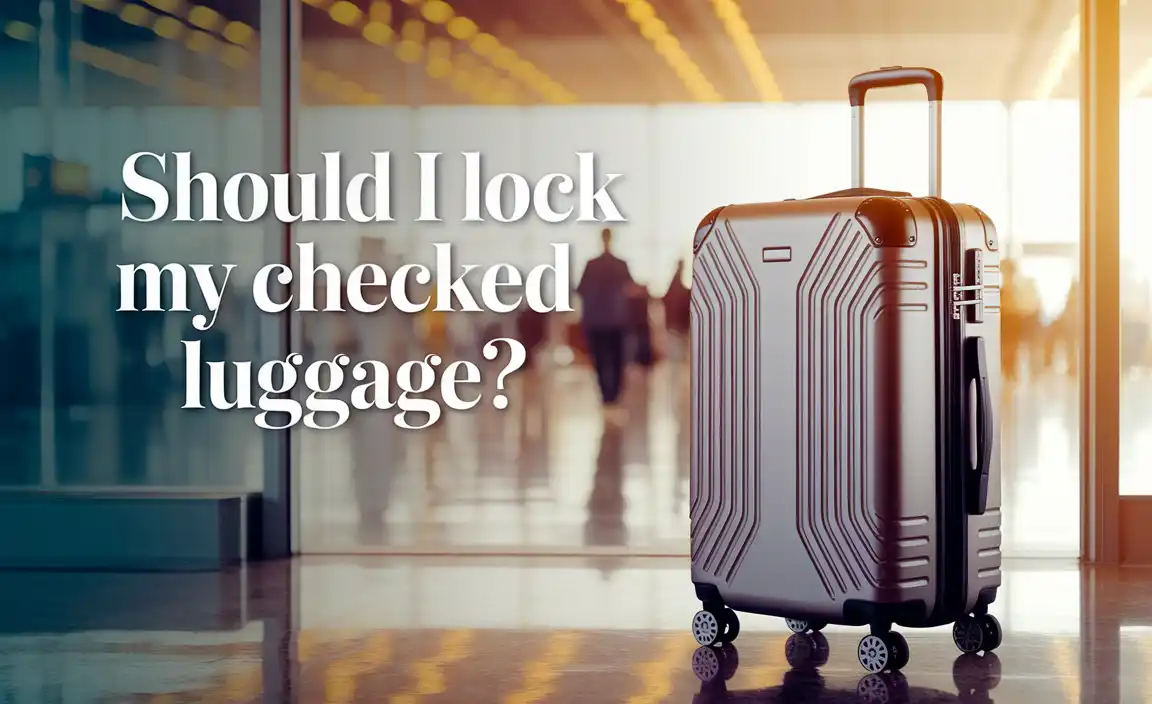
Should I Lock My Checked Luggage? – Expert Advice
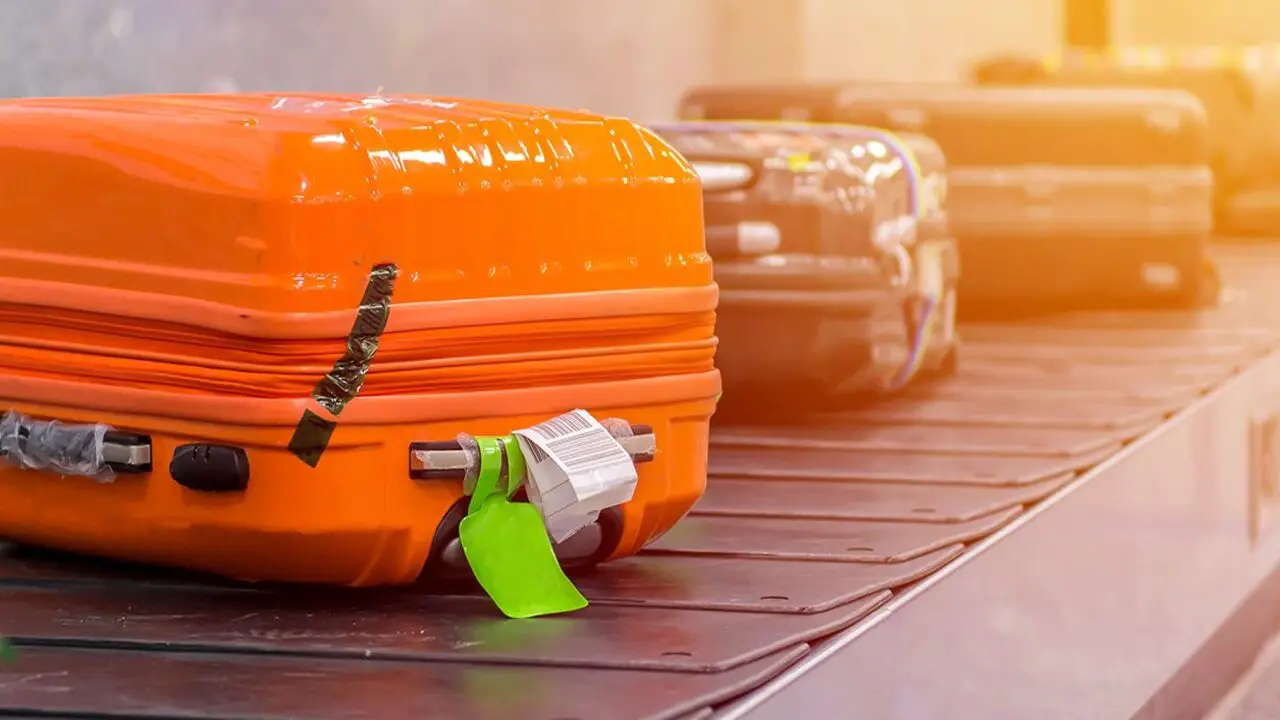
Locking your checked luggage can provide extra security and peace of mind while traveling. While it is not guaranteed that your luggage will never be tampered with, it can deter opportunistic thieves and prevent unauthorized access to your belongings.
However, it is important to note that if the Transportation Security Administration (TSA) needs to inspect your bag, they have the authority to break the lock if they cannot open it using their master keys. To avoid damage to your lock or luggage, it is recommended to use TSA-approved locks.
Which TSA agents can open without causing any harm. Additionally, it is always a good idea to keep valuable items and important documents with you in your carry-on bag and consider purchasing travel insurance for added protection. Ultimately, the decision to lock your checked luggage is up to you and depends on your personal comfort level and assessment of the risks involved in your travel situation.
The Importance Of Securing Your Luggage
Locking your luggage while traveling can provide valuable peace of mind and safeguard your belongings. Using TSA-approved locks, you can deter opportunistic thieves who may attempt to open or tamper with your suitcase. Additionally, these locks can prevent accidental spillage or unauthorized access during handling by airport staff.
However, it’s important to note that TSA officers have the authority to inspect any checked baggage, even if it is locked. To avoid potential damage to your lock or luggage, a TSA-approved lock with a master key accessible to TSA agents is highly recommended. Secure your luggage and travel with confidence knowing your belongings are well-protected.
The Risks Of Not Locking Your Luggage
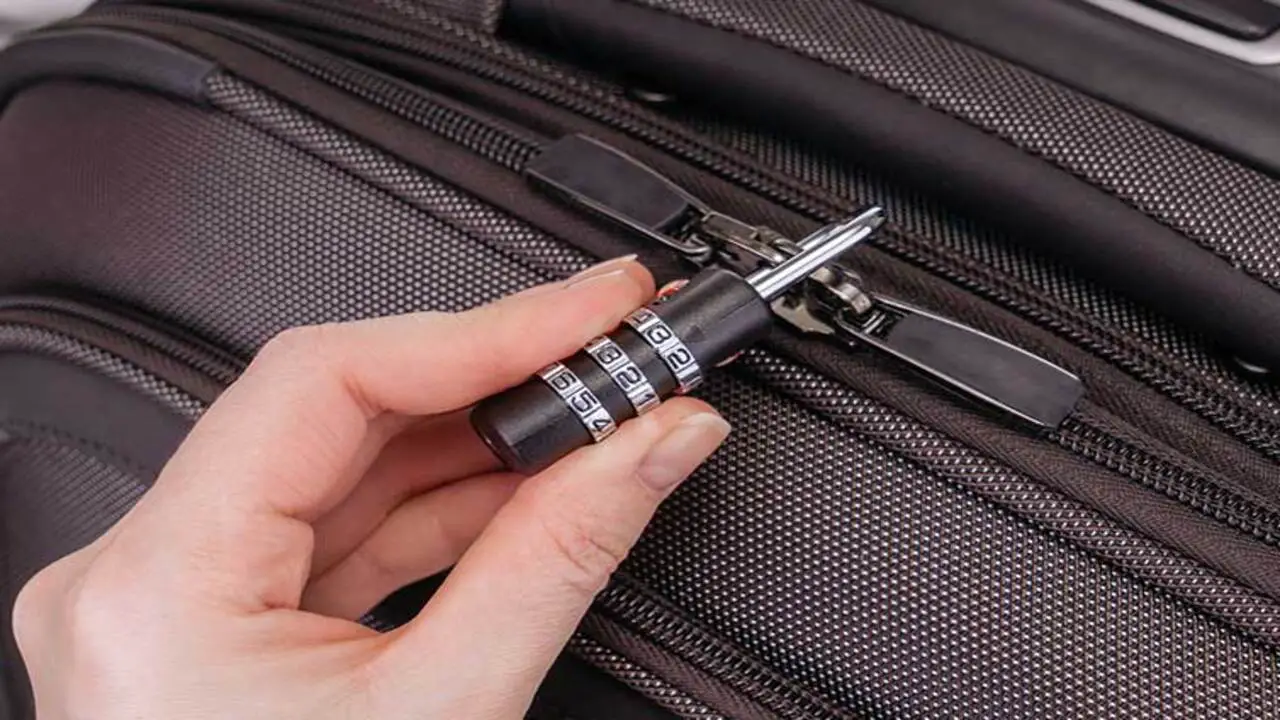
Not locking your luggage while traveling can leave your belongings vulnerable to theft and tampering. Without a lock, it becomes easier for thieves to access and steal your items. Someone could add or remove items from your suitcase without your knowledge. Locking your luggage adds an extra layer of security and acts as a deterrent to potential thieves.
It’s important to choose high-quality locks that are TSA-approved since TSA agents have the authority to open and inspect locked luggage if necessary. However, it’s important to note that even with a lock, there is still a risk of theft or tampering, so keeping valuable or essential items in your carry-on bag is wise.
Types Of Luggage Locks
When securing your luggage, there are different options to choose from. One popular choice is the combination lock, which requires remembering a code to unlock your luggage. Another option is a key lock, which uses a physical key to open your suitcase.
However, if you’re traveling in the United States, using a TSA-approved lock is advisable. These locks have a special feature that allows airport security agents to open and inspect your luggage without damaging the lock. Remember that no lock is completely foolproof, so it’s always wise to keep valuable items in your carry-on bag.
Tsa Approved Locks
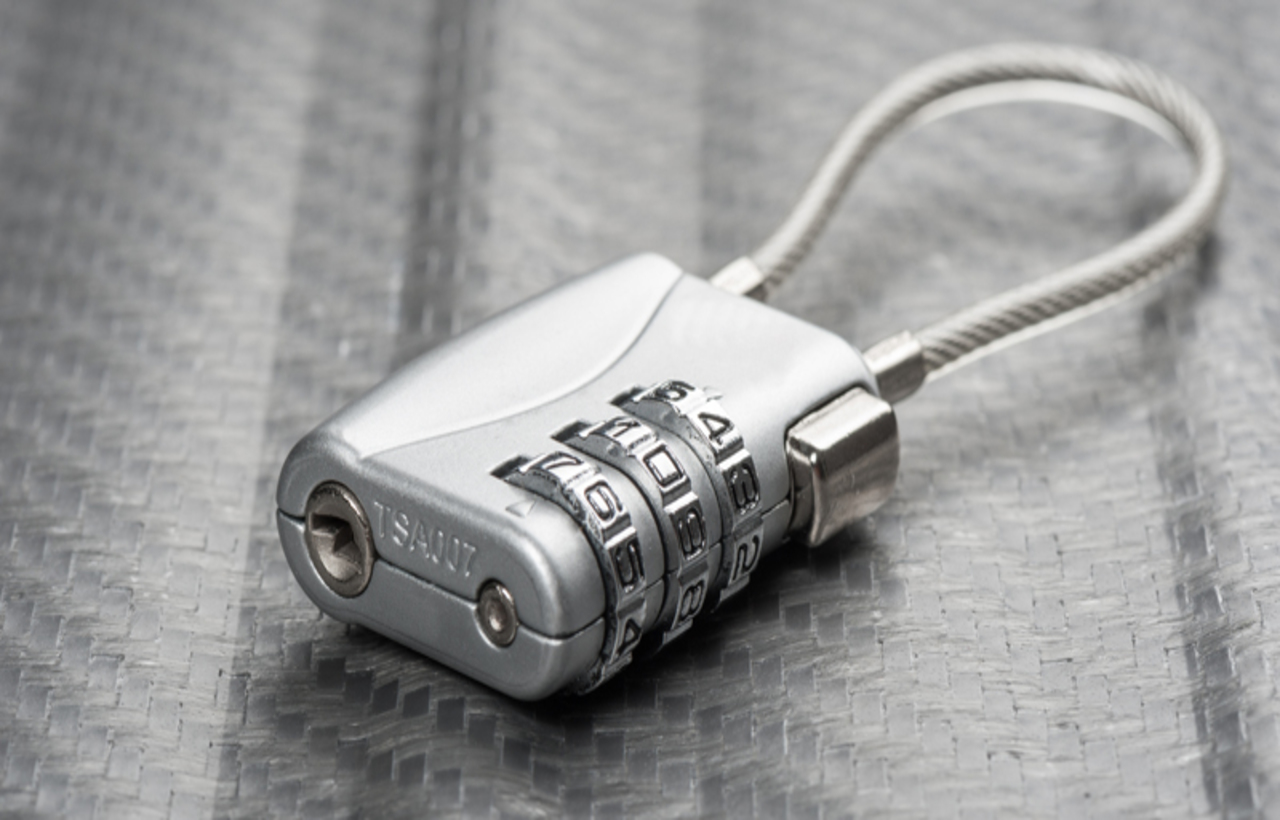
The designers designed TSA-approved locks for travelers to secure their luggage without compromising airport security. These locks allow Transportation Security Administration (TSA) officers to open and inspect your checked luggage, if necessary, without damaging the lock. Using TSA-approved locks, you can add a layer of security to your baggage and deter potential theft.
However, it’s important to remember that locked bags may attract attention from thieves who assume they contain valuable items. Experts suggest using combination locks instead of key locks to mitigate the risk of losing or misplacing keys. Ultimately, the decision to lock your checked luggage should be based on personal preference and the level of security you deem necessary for your belongings.
Non-Tsa Approved Locks
Non-TSA-approved locks can provide extra security for your checked luggage. However, it’s important to know that TSA officials may cut open these locks if they need to inspect your bag. While using non-TSA-approved locks can deter opportunistic theft, it also carries the risk of damage during inspections.
If TSA officials select your bag for inspection, they will cut the lock or ask you to unlock it. Consider the convenience and added security of using a lock against the potential risk of damage before deciding whether or not to secure your checked luggage with a non-TSA-approved lock.
Pros And Cons Of Using Luggage Locks
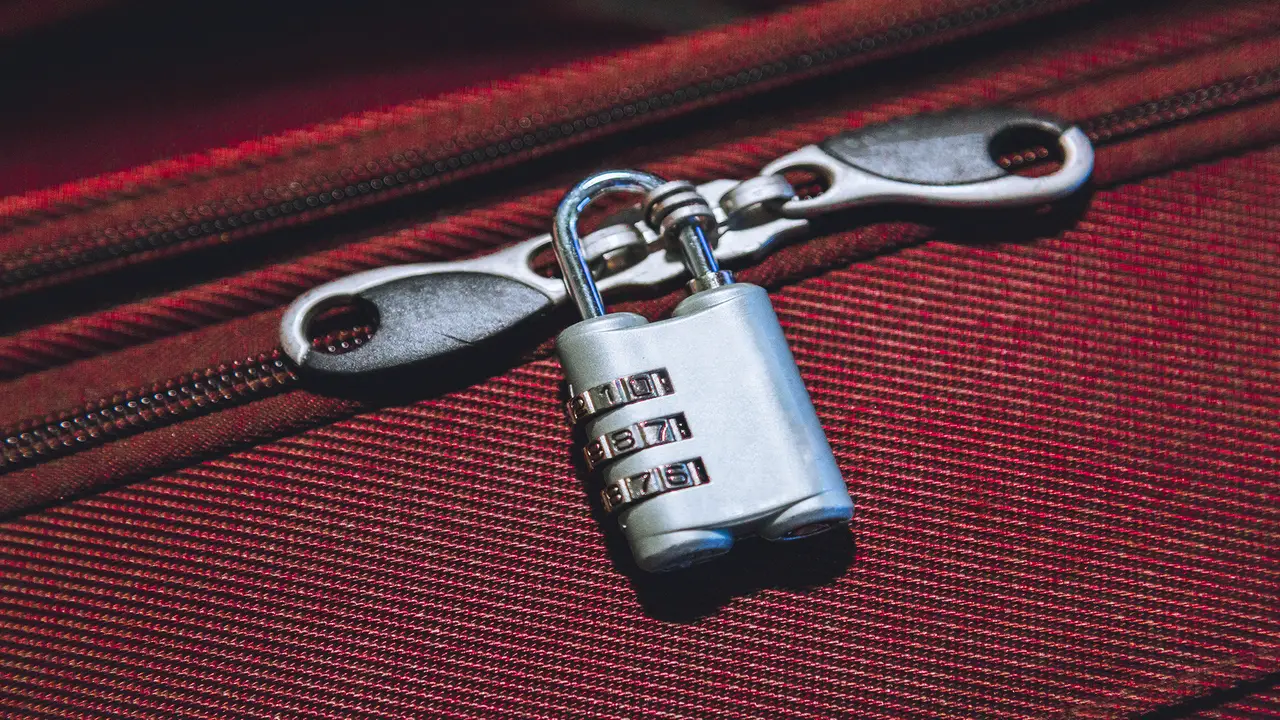
Using luggage locks can provide additional security, deterring theft and tampering and giving you peace of mind while traveling. However, there are some drawbacks to consider. Airport security may need to open your locked baggage for inspection, potentially damaging non-TSA-approved locks.
To prevent this, opt for TSA-approved locks, which security agents can open and lock. Combination locks are popular because they don’t require a key, but choose a combination that is easy for you to remember yet difficult for others to guess. Ultimately, the decision to lock your checked luggage depends on your comfort level and the value of your belongings.
Alternatives To Luggage Locks
While it’s not mandatory to lock your checked luggage, it can add an additional layer of security. If you lock your luggage, TSA-approved locks are recommended, as they allow airport security to open and inspect your bag without damaging the lock. However, there are alternative options that can also help enhance security.
For instance, using zip ties or luggage straps with combination locks can deter potential thieves and make it more difficult for them to access your belongings. Ultimately, the decision to lock your checked luggage should be based on your personal comfort level and desired level of security for your belongings.
Benefits Of Locking Your Luggage
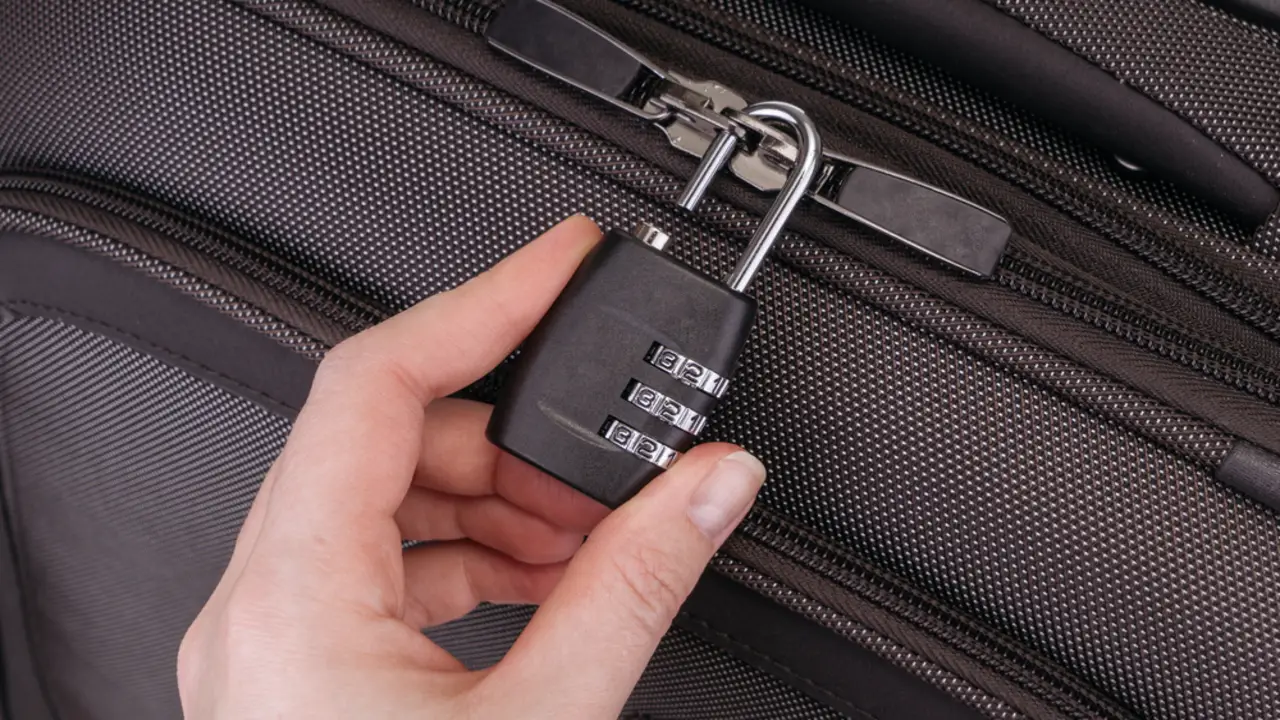
Adding a lock to your luggage offers several advantages. First, it provides an additional layer of security and acts as a deterrent to potential thieves. By preventing unauthorized access, locked luggage keeps your belongings safe during transit.
This is especially crucial when traveling with valuable items or sensitive documents, offering you peace of mind. Moreover, locking your luggage helps protect against tampering or theft during baggage handling and storage. However, remember that TSA agents have the authority to open and inspect locked luggage if necessary, so using TSA-approved locks or leaving your luggage unlocked may be more convenient for them.
Tips On Packing To Increase Security
Regarding increasing security while traveling, there are several tips to remember. One option is to lock your checked luggage to provide extra protection against potential theft. However, it’s important to consider that TSA officers may need to inspect your bag; if it’s locked, they may have to break the lock to gain access.
To avoid this, opt for a TSA-approved lock, which allows TSA officers to open and relock your bag without damaging the lock. Using a combination lock instead of a key lock can also help minimize the risk of losing the key. Additionally, consider organizing and securing your belongings within your luggage using packing cubes or compression bags to maximize security.
Conclusion
Locking your checked luggage can provide security and peace of mind. While it may not completely eliminate the risk of theft or tampering, it serves as a deterrent and makes it more challenging for unauthorized individuals to access your belongings. TSA-approved locks are designed to allow airport security personnel to inspect your luggage without damaging the lock.
However, it’s important to note that not all destinations adhere to TSA regulations so non-TSA-approved locks may be necessary in certain cases. Ultimately, the decision to lock your checked luggage depends on your personal preference and the level of security you desire.
Frequently Asked Questions
[rank_math_rich_snippet id=”s-0705c337-dfed-4f11-aea3-27b28eec8244″]
